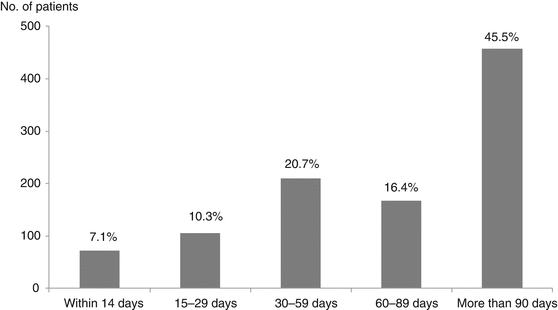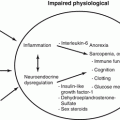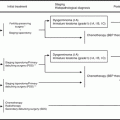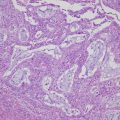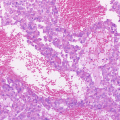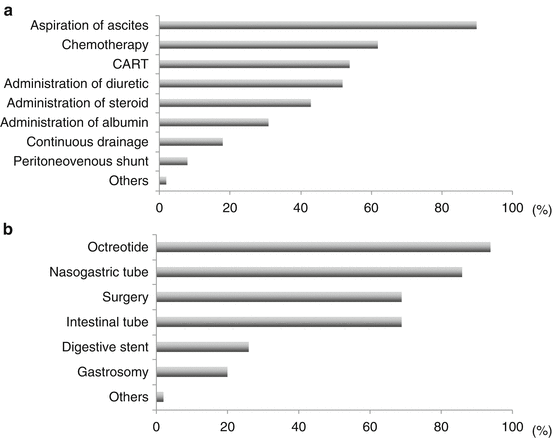
17.4 Future Perspectives in Gynecologic Palliative Care
There is a compelling need for fresh perspectives regarding palliative care in patients with advanced stage ovarian cancer. Moreover, there is a real necessity to develop strategies for experiencing a fulfilling life even among end-stage ovarian cancer patients. Serious attention should be raised among gynecologic oncologists to provide more sophisticated and effective palliative care in the society. Although medical situations differ by areas across the world, gynecologic oncologists have to devote more attention to ways on how to maximally prolong a patient’s life instead of resigning to the fact that the patient is terminally ill with cancer. Many patients wish to be at home when their time has come rather than to be in a certain district or hospital. It is the duty of gynecologic oncologists to make every opportunity and create a good environment for discussing end-of-life care provisions such as how to provide care to patients with end-stage ovarian cancer. Some models from other countries around the world are available for giving hope to end-stage patients.
Conclusion
Although the methods may be different for each district in countries across the world, the purpose for providing optimal care to patients is universal, that is, providing patients with a good reason to live their life to the fullest. This should be considered as a universal and primary purpose of gynecologic oncologists.
References
2.
Saito T, Katabuchi H. Annual Report of the Committee on Gynecologic Oncology, Japan Society of Obstetrics and Gynecology: Patient Annual Report for 2013 and Treatment Annual Report for 2008. J Obstet Gynecol Res. 2016;42:1069–79.Crossref
3.
4.
Clarkle-Pearson DL, Chin NO, Delong ER, et al. Surgical management of intestinal obstruction in ovarian cancer. I. Clinical features, postoperative complications, and survival. Gynecol Oncol. 1987;26:11–8.Crossref
5.
6.
7.
8.
Rubin SC. Intestinal obstruction in advanced ovarian cancer: what does the patient want? Gynecol Oncol. 1999;75:311–2.CrossrefPubMed
Stay updated, free articles. Join our Telegram channel

Full access? Get Clinical Tree


